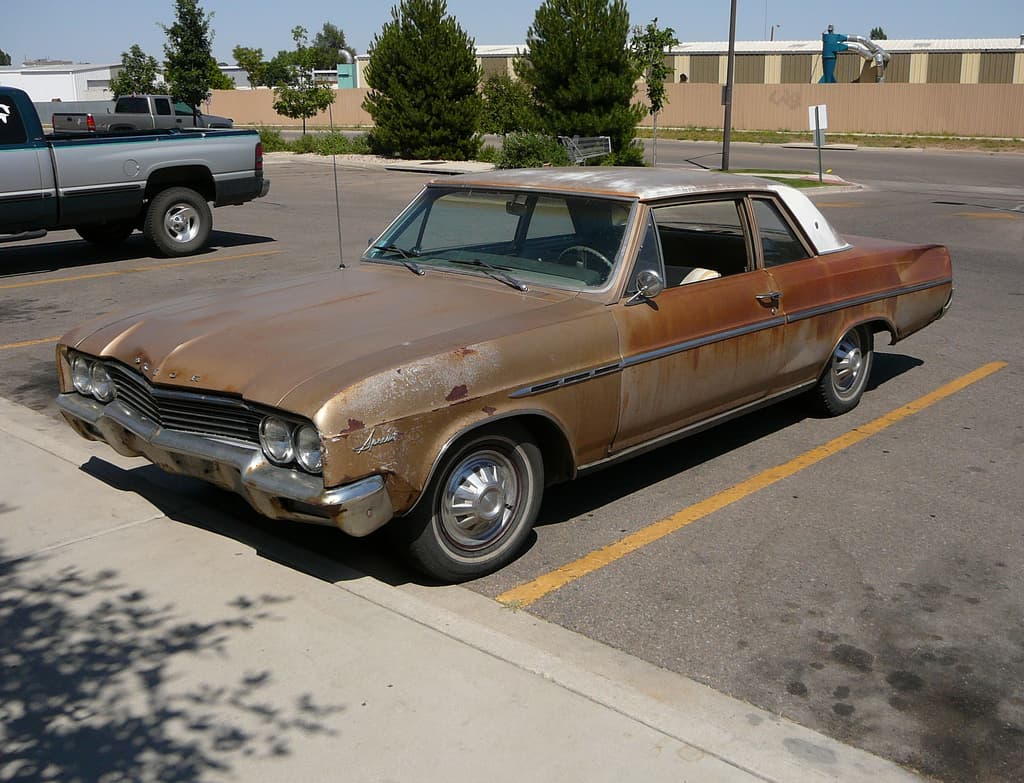When you’ve finally saved up enough money to purchase a new vehicle, you should never base your decision on emotion alone. Besides pricing and looks, there is a multitude of factors you need to analyze before committing to the purchase. Making the following considerations will ensure you stay happy with your new vehicle for years to come:
Size and dimensions
If you have a large family, then you need to select the appropriate vehicle size to accommodate them. This will allow you to work with enough space to fit all the luggage in there without occupying every last remaining sitting space. On the other hand, if you’re single (or living with a partner without any kinds), a smaller vehicle size may be a better fit for your needs, since these kinds of dimensions make it much easier to find a parking space in urbanized environments.
Your chosen career path
Oftentimes, choosing the most suitable vehicle has a lot to do with the career path you’ve chosen. For example, do you regularly transport large items? If so, you need to consider getting a pickup truck or a van. The former is especially useful if the items you’re transporting are dirty or otherwise unsuitable to be placed inside a regular vehicle.
Comfort
Comfort is one of the primary factors to consider, especially if you’re driving across long distances frequently. Otherwise, you may start to develop certain health-related issues like back problems. One of the best options in this regard is the new 2018 Toyota Corolla; not only does it have a sporty and comfortable interior, it also won’t disappoint you with its looks or break the bank (see Corrolla prices to verify).
Petrol, diesel, or electric?
While electric vehicles are becoming increasingly popular among drivers (especially if they mostly traverse the city roads and rarely drive for multiple hours on end), they’re still in the minority compared to the traditional petrol or diesel-powered vehicles. In a nutshell, they allow you to drive almost for free (a single charge only costs a buck or two), you will need to stop near a specialized charging station every couple of hours.
Now here’s the deal with diesel and petrol: typically, diesel cars cost more than petrol cars, but allow for money savings on fuel costs if you need to cover a lot of distance per year. As a general rule of thumb, just stick to petrol if you cover less than 12,000 miles per year.
New or used?
Some people don’t fancy the idea of buying a new vehicle, since these tend to quickly lose a lot of their initial market value. The downside of buying a used vehicle, however, is that you’re often going to need to check if it has any defects. While used cars are cheaper and won’t go down in value that much, they’re less dependable (especially if they have a bad history) and may easily break down on you when you need them the most.
Conclusion
These 5 tips should help you choose the most suitable car for your personal needs. Remember, there is no generic answer, because the most optimal choice completely depends on your lifestyle, preferences, occupation, family, and so on. But if you take these to heart, you are unlikely to end up disappointed with the outcome. Best of luck in your vehicle hunt!

